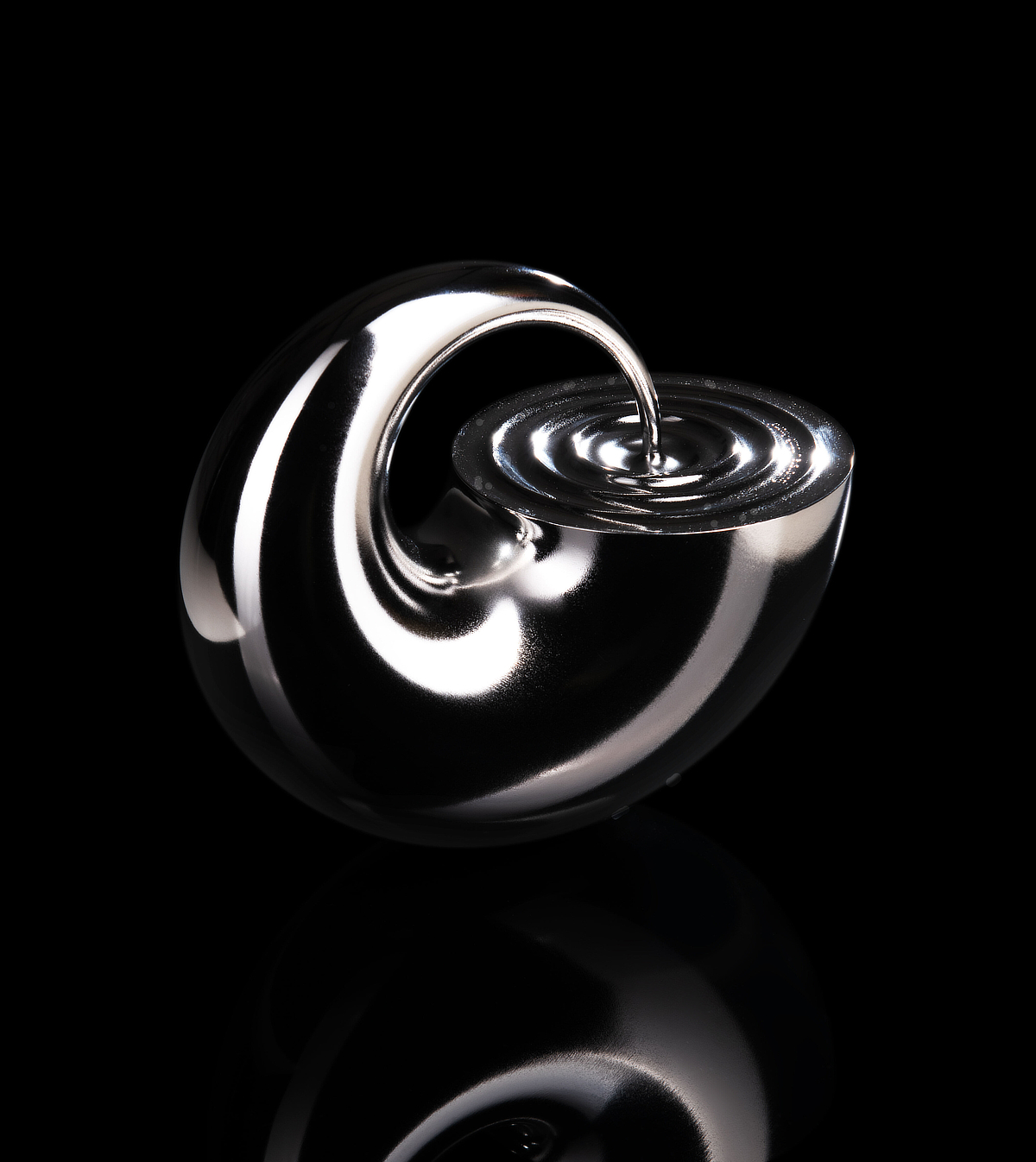Design a home with no artificial lighting
Competitions
Resources
GET INSPIRED

Design a rain room for Rome

Design a story of your country

Design a new concept of small-scale home and share a prize fund of 100,000€

Celebrating your unbuilt architecture visions with a €100,000 prize
Only participants selected and invited by Buildner can enter these closed competitions. To be considered for future opportunities, please set up your account on Architects’ Network Plus.
Prize 350,000 + Construction
Eligibility Invitations-only